Language Does Not Lie (2004)
Жанр : документальный, история
Время выполнения : 1Ч 19М
Директор : Stan Neumann
Краткое содержание
Victor Klemperer (1881-1960), a professor of literature in Dresden, was Jewish; through the efforts of his wife, he survived the war. From 1933 when Hitler came to power to the war's end, he kept a journal paying attention to the Nazis' use of words. This film takes the end of 1945 as its vantage point, with a narrator looking back as if Klemperer reads from his journal. He examines the use of simple words like "folk," "eternal," and "to live." Interspersed are personal photographs, newsreel footage of Reich leaders and of life in Germany then, and a few other narrative devices. Although he's dispassionate, Klemperer's fear and dread resonate

Former Danish servicemen Lars and Jimmy are thrown together while training in a neo-Nazi group. Moving from hostility through grudging admiration to friendship and finally passion, events take a darker turn when their illicit relationship is uncovered.

A Japanese man and a gay bar-owner in Hong Kong drink beer as they talk about their childhood and experiences.

The Universal Language is a new documentary from Academy Award-nominated director Sam Green (The Weather Underground). This 30-minute film traces the history of Esperanto, an artificial language that was created in the late 1800s by a Polish eye doctor who believed that if everyone in the world spoke a common tongue, humanity could overcome racism and war. Fittingly, the word “Esperanto” means “one who hopes.” During the early 20th century, hundreds of thousands of people around the world spoke Esperanto and believed in its ideals. Today, surprisingly, a vibrant Esperanto movement still exists. In this first-ever documentary about Esperanto, Green creates a portrait of the language and those who speak it today that is at once humorous, poignant, stirring, and ultimately hopeful.
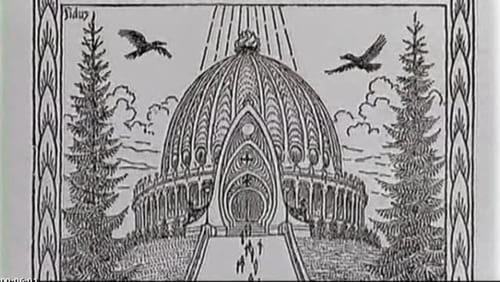
A historical analysis of how groups such as the Nazi’s may use language, symbols, and religious connotation in order to come to power. It raises questions that deserve in depth analysis and consideration. Questions include: Where do legends expand our thinking and where do they bury it? When does spiritual pursuit suddenly turn into fanaticism and violence? Last, have we as a society learned from our past, and if so have forgotten the lessons of the 20th Century? Are we now embarking on a new level only to learn the same old lessons about humanity again? In addressing these questions we are taken into the back drop of the history of Germany beginning in the late 1800’s through the late 20th Century at the eve of the 21st. “A society that does not take archetypes, myths, and symbols seriously will possibly be jumped by them from behind.”

Escaped Nazi POWs hold the denizens of a California resort hostage.

Stories of 12 gay and lesbian survivors of Nazism and the Holocaust.

До сих пор просматривая архивные пленки событий первой половины ХХ века, мы видели черно-белые хроники давно минувших дней. Но теперь у нас появилась уникальная возможность увидеть реалии того времени в цвете. Фильм рассказывает о приходе Бенито Муссолини к власти и о его последующем правлении. Рассматриваются рзличные причины, которые повлияли на приход фашистов к власти... В фильмы использованы редкие цветные фотографии и видеоматериалы, а также реконструкции прошлых событий...

Steven, a pupil in a special-needs class, learns that his school has won a trip to Alcabideche, Portugal. He is overjoyed to get the chance to finally see his homeland. Once there, he decides to conduct his own holidays...
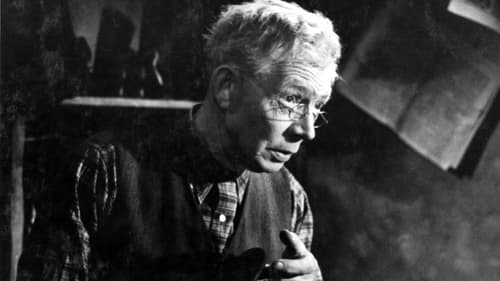
Hamburg, Germany 1934: An executioner is needed. Teetjen makes the biggest mistake of his life. Because his butcher shop is facing bankruptcy, he agrees to execute a group of political prisoners for the Nazis. Once this becomes known, Teetjen’s life falls apart.
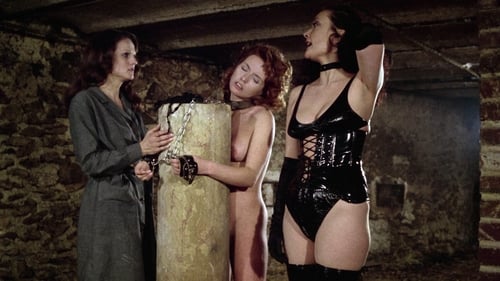
When a Russian doctor (Patrizia Gori) falls foul of the Nazis, she finds herself imprisoned at Fort Stilberg, a luxury brothel for German top brass where the women are overseen by sadistic SS officer Helga Hortz (Jacqueline Laurent). The doctor's medical skills bring her to the attention of Nazi Lieutenant Erik Mueller (Jack Taylor), who saves the lovely lady from becoming one of the establishment's 'hostesses' by assigning her to the infirmary.
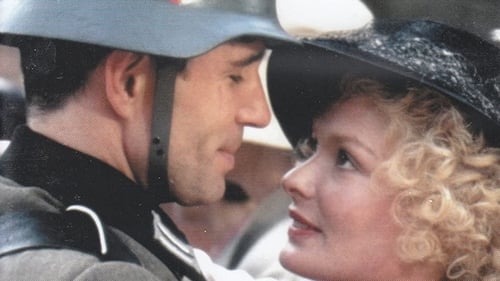
The two-part TV movie Hitler's SS: Portrait in Evil crystallizes that evil by concentrating on two Berlin brothers. In 1931, Helmut Hoffman a brilliant student and self-styled opportunist, joins Hitler's SS. At the same time, his younger brother Karl, a top athlete and idealist, becomes a chauffeur for the "S.A.".

A girl visiting modern day East Germany with her estranged father begins reliving the horrifying events that happened to a young girl living there during World War II.
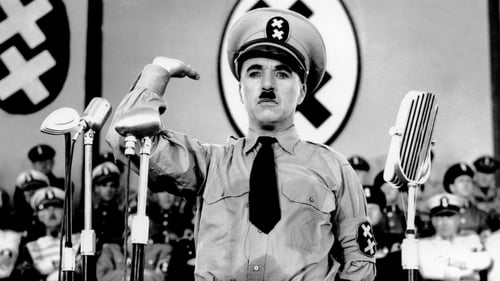
В этом документальном фильме рассматриваются параллельные жизни американского комика Чарльза Чаплина и немецкого фюрера Адольфа Гитлера, и как они пересеклись в создании «Великого Диктатора».

Nazi is a short film by underground film-maker and photographer Richard Kern, featuring Annabelle Lee. This movie came from his Death Trip collection.
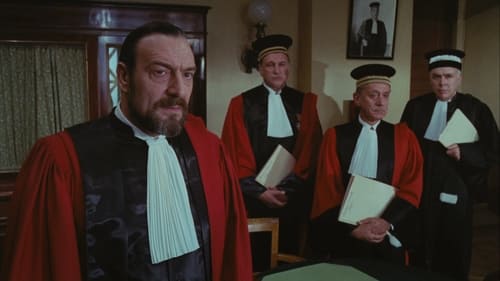
In occupied France during the WWII, a German officer is murdered. The collaborationist Vichy government decides to pin the murder on six petty criminals. Loyal judges are called in to convict them as quickly as possible.

В основе сюжета — драматическая судьба советского офицера Алексея Павлова. Попав во время второй мировой войны в плен и оказавшись в числе перемещённых лиц, герой не сразу решился на возвращение в СССР. Поскитавшись по чужбине, Алексей всё же вернулся на Родину. Случайные попутчицы, ехавшие из Москвы на юг, — врач Анна Андреевна и её дочь Таня — стали первыми, кому Павлов поведал о своей жизни.
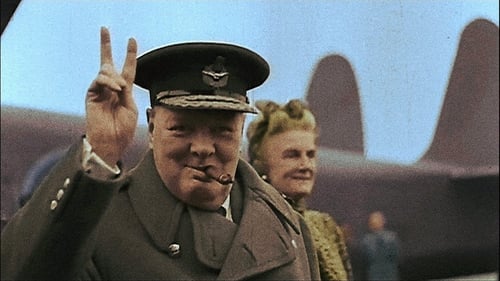
A new look at the public and private life of one of the most important statesmen in the history of Europe: Winston Churchill (1874-1965), soldier, politician, writer, painter, leader of his country in the darkest hours, winner of the Nobel Prize in Literature, a myth, a giant of the 20th century.

Two brothers who could not have been more different. The eldest, Hermann Göring (1893-1946), was a prominent member of the Nazi regime, head of the German Air Force, and a war criminal. The youngest, Albert Göring (1895-1966), opposed tyranny and was persecuted, but today he is still unjustly forgotten, although he saved many lives while his brother and his accomplices ravaged Europe.

A documentary about the conquest of Czechoslovakia by the Nazis just prior to World War 2.

The story of the New York accent, as told by New Yorkers.














